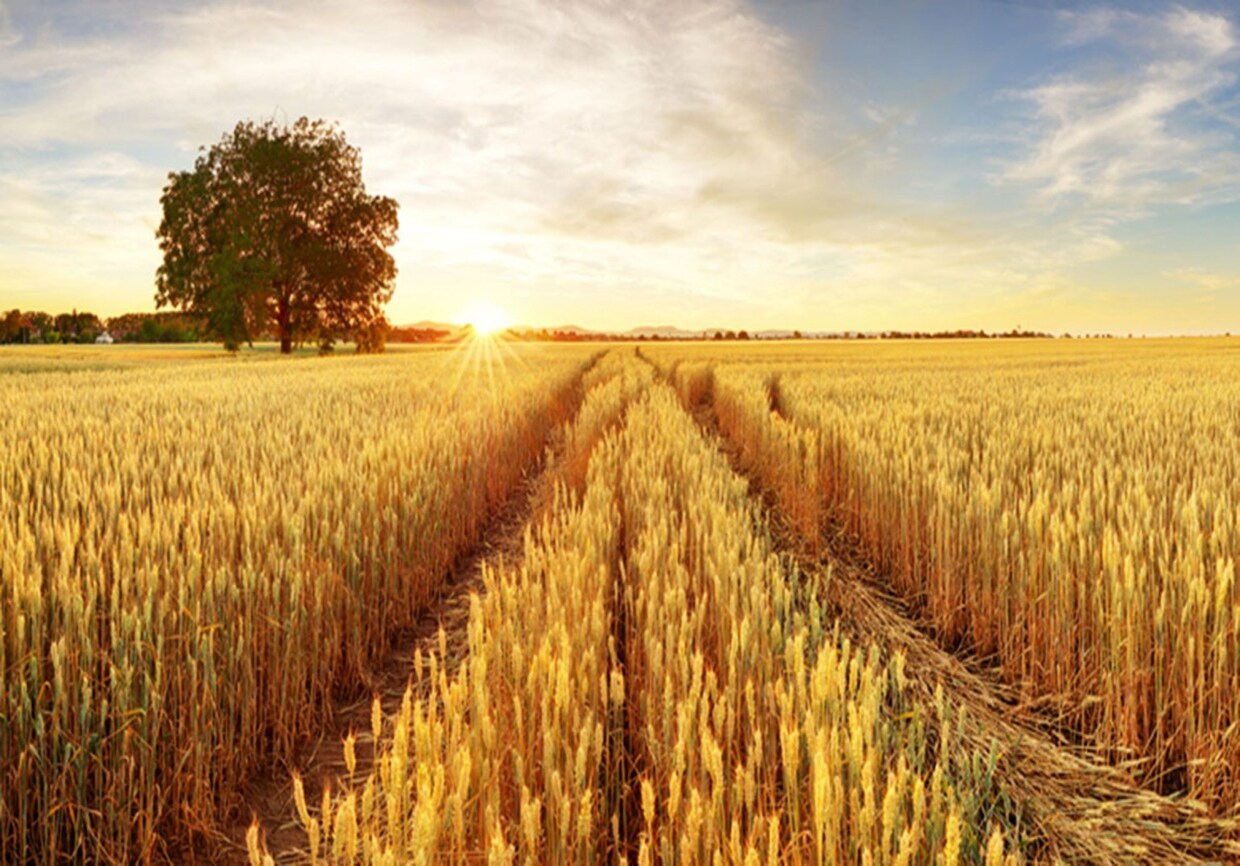The Urgent Need for Sustainable Agriculture: Protecting Our Environment and Feeding the World

Photo: Unsplash
In recent years, the state of our environment has become a pressing issue, with challenges such as climate change, deforestation, and biodiversity loss threatening the delicate balance of our planet. One crucial aspect that requires immediate attention is the agricultural sector, which is not only a significant contributor to environmental degradation but also holds the key to ensuring food security for a growing global population. In this article, we will explore the importance of sustainable agriculture in safeguarding our environment while meeting the nutritional needs of a burgeoning world. Conventional agricultural practices have undeniably played a crucial role in meeting the food demands of a rapidly expanding global population. However, these practices often come at a significant cost to the environment. Intensive use of chemical fertilizers and pesticides has led to soil degradation, water pollution, and a decline in biodiversity. Furthermore, the conversion of forests and grasslands into agricultural land has resulted in habitat loss, exacerbating the extinction crisis. Sustainable agriculture offers a viable solution to mitigate the environmental impact of conventional farming practices while promoting long-term food security. This approach emphasizes the adoption of practices that maintain soil health, conserve water, and protect natural ecosystems. Key components of sustainable agriculture include organic farming methods, crop rotation, agroforestry, and precision agriculture techniques.
Benefits of Sustainable Agriculture:
Soil Conservation: Sustainable agriculture practices focus on enhancing soil quality through organic matter enrichment, reduced tillage, and the use of cover crops. These measures help prevent erosion, improve water retention, and increase the soil’s ability to sequester carbon, mitigating climate change. Biodiversity Preservation: By incorporating agroforestry systems and promoting the use of hedgerows and buffer zones, sustainable agriculture creates habitats for beneficial insects, birds, and wildlife. This approach fosters biodiversity and contributes to the natural pest control and pollination services provided by ecosystems. Water Resource Management: Sustainable agriculture employs water-saving techniques like drip irrigation and precision application methods, minimizing water wastage. Implementing these practices helps preserve water resources, especially in regions facing water scarcity and climate-induced droughts. Climate Change Mitigation: Sustainable agriculture contributes to reducing greenhouse gas emissions by minimizing the use of synthetic fertilizers and adopting practices that enhance carbon sequestration in soils. Additionally, agroforestry systems, which integrate trees into agricultural landscapes, act as carbon sinks and help offset emissions. Enhanced Food Security: By diversifying crops and adopting resilient farming systems, sustainable agriculture improves the resilience of food production systems in the face of climate change. It reduces dependency on a few staple crops, making food supplies more resistant to pests, diseases, and extreme weather events. The urgent need for sustainable agriculture has never been more apparent. By transitioning to environmentally friendly farming practices, we can address the challenges posed by climate change, soil degradation, and biodiversity loss while ensuring food security for future generations. Governments, farmers, and consumers must collaborate to promote sustainable agricultural practices through policy support, financial incentives, and consumer awareness campaigns. It is only through these collective efforts that we can create a harmonious balance between human food needs and the preservation of our precious natural resources.
By Roxana Stanica

















